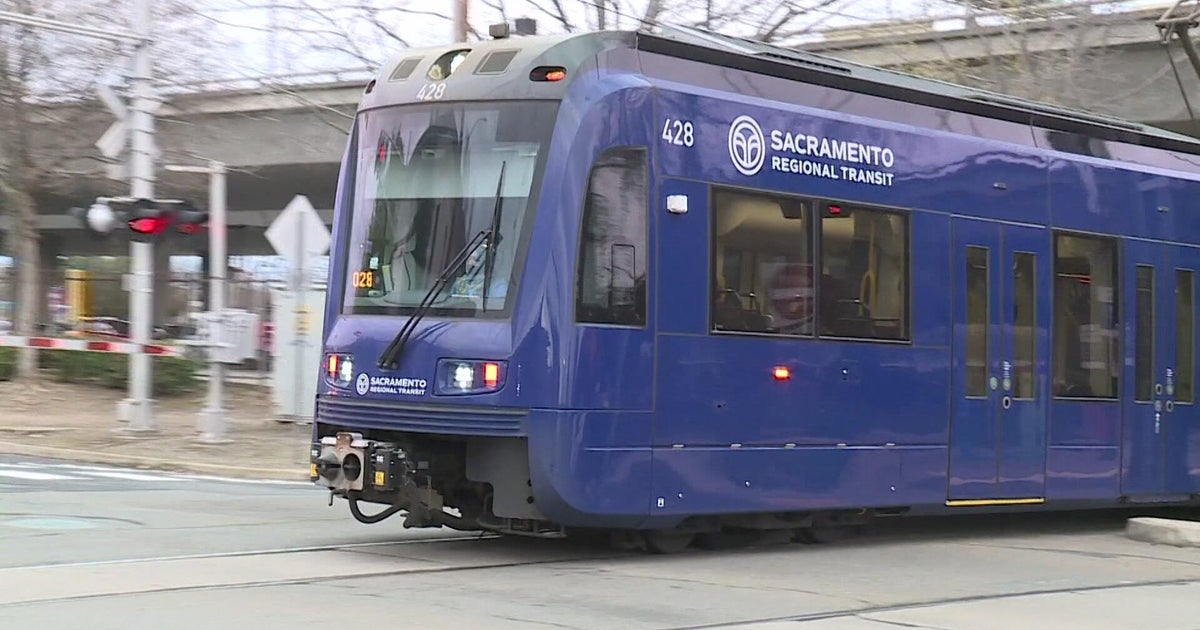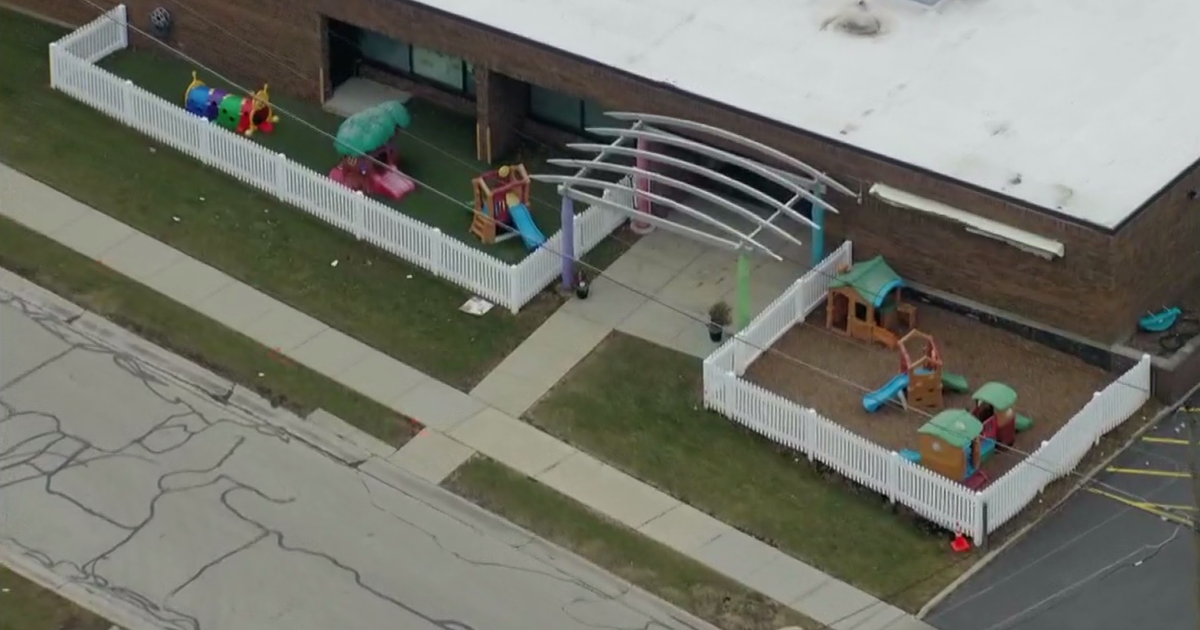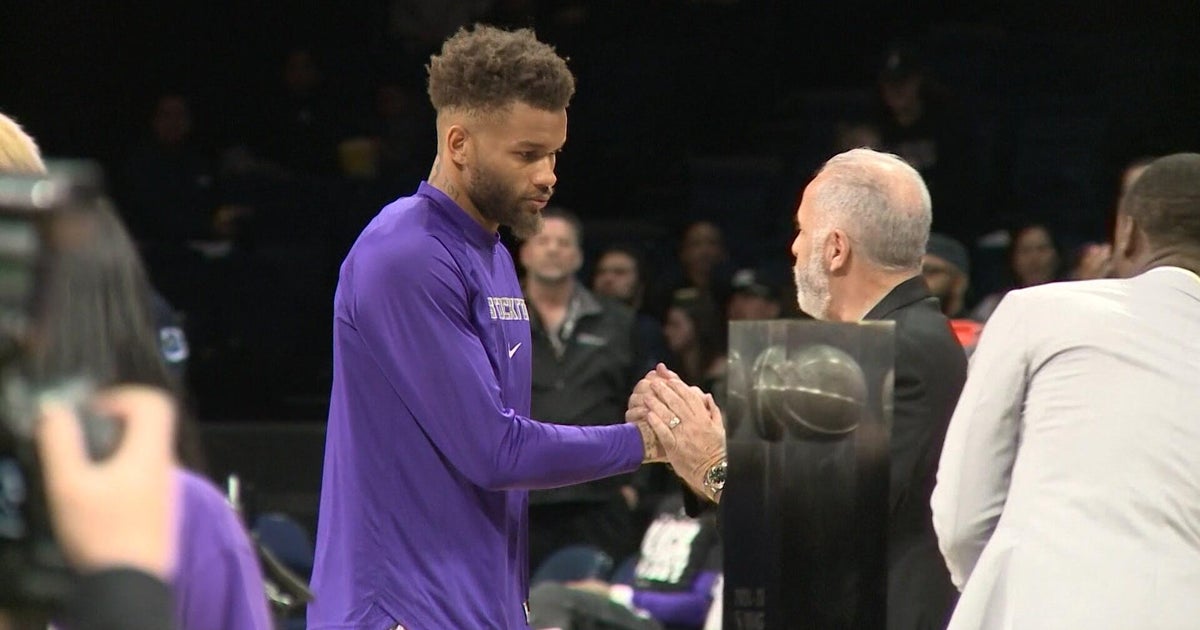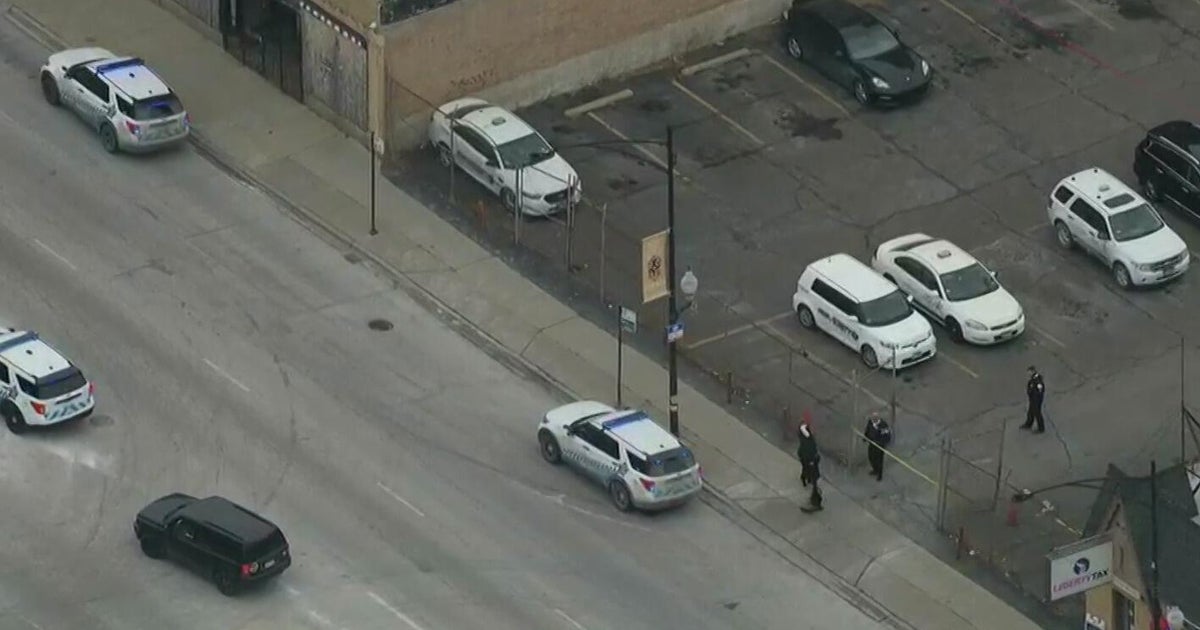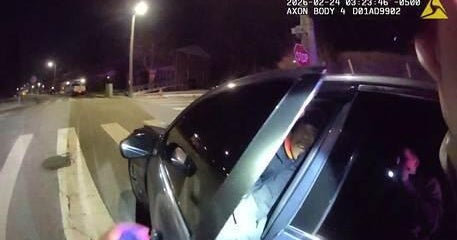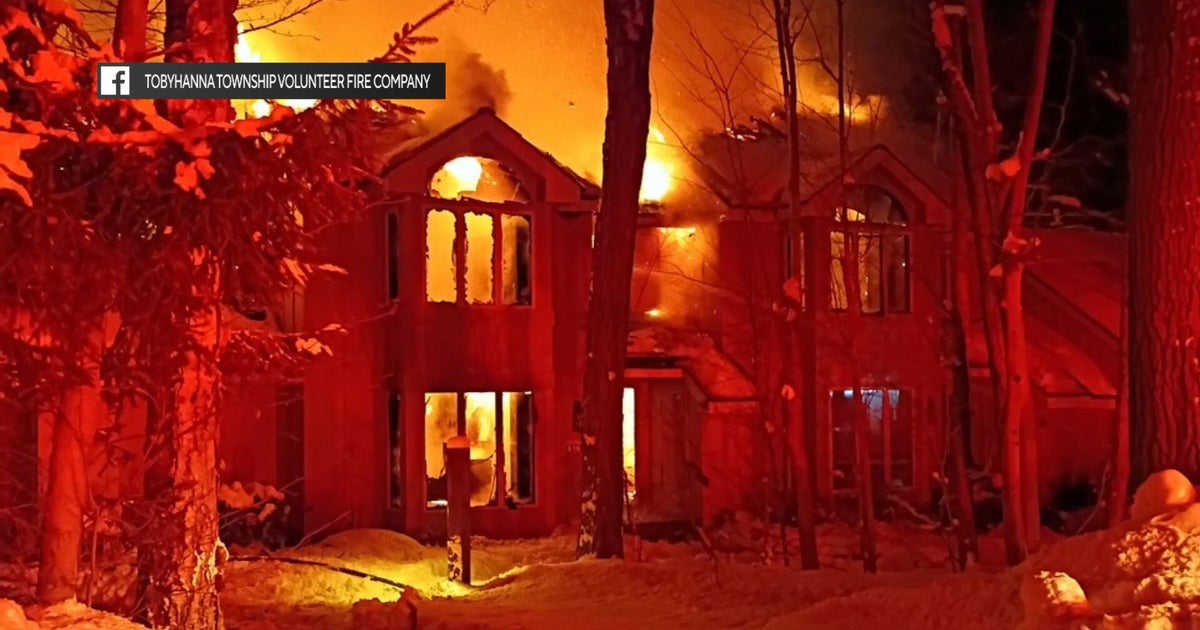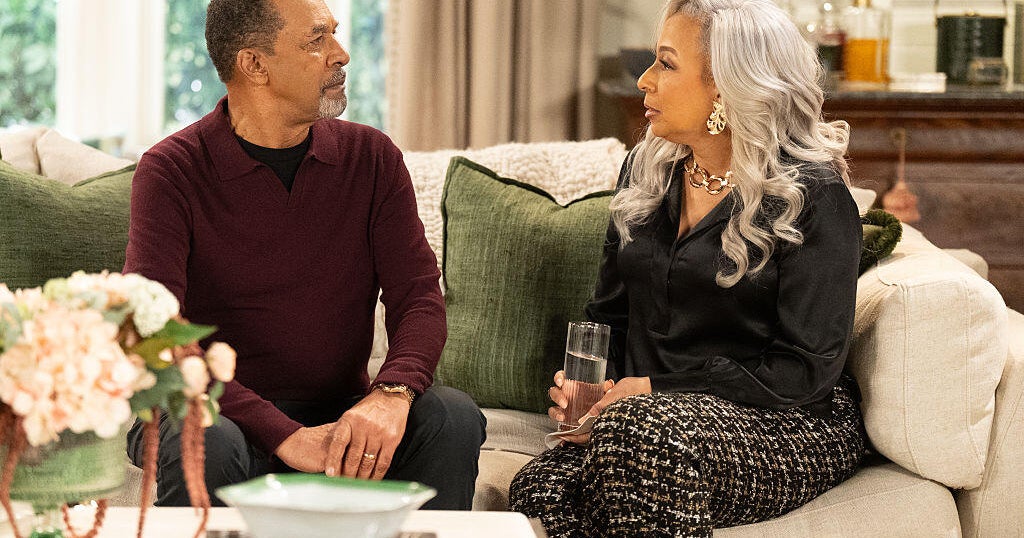Robocalls: Relief In the Works May Not Stop the Ringing
CHICAGO (CBS) -- Americans got 5.2 billion robocalls last month. Chicago's share was 36 million.
CBS 2 Investigator Dorothy Tucker explains why efforts underway to curb the calls may not stop a lot of them. CBS 2 couldn't even get through an interview without an unwanted phone call. Claude King wasn't sure if it was a robocall, but said, "It's one of those numbers that has my prefix."
Those kinds of calls are constant.
"It ranges probably from about four to eight or nine a day," King said.
As the pastor of Downers Grove First United Methodist Church, he needs to answer.
"I do want to get calls from parishioners," he said.
However, many phone calls, he unnecessarily answers; like one that left this message:
"I've got that information I promised you, about bringing in $10,000 or more every 10 - 14 days."
And, another one that was in Chinese.
King said that one "came in so many times no matter if the call was blocked or not."
He's not alone. Consumers hate robocalls.
We heard "It's annoying. Very annoying" and "I think it's harassment" from people we spoke with.
Some robocalls are legitimate; it's your pharmacist, doctor, or bank with reminders you want.
But the majority you didn't ask for and don't want.
How did they get your number? If you signed up for a contest, a rewards card, hotels, flights, your favorite charity, your number may have been shared, sold or stolen.
Chad Gough is a digital forensic expert at 4Discovery in the West Loop. He says most robocalls originate overseas.
"They could call a thousand people at a time," he said.
And, he said that it's easy to make the numbers look like your neighbors'. That's called spoofing.
"You're more likely to pick it up if it's local," Gough said.
If you answer, scammers have a chance to sell you something. So here's what we wondered. What if we bought three new phones? How long would it be before we started getting robocalls.
Within three weeks, the Verizon phone rang up eight potential robocalls. On the Consumer Cellular phone we only got two calls from unknown numbers. With the AT&T phone – which we used to sign up for everything, including contests, rewards, social media, and charities – crickets; not one call.
Quite frankly, we were surprised we didn't get more robocalls, but Gough says we just needed more time.
"The more active you are, you'll get more robocalls," he said.
We've also got your number. We bought a list of phone numbers online. We chose zip code 60615. For $79 dollars, we got more than 10,000 numbers. After calling just a few, a man answered on his cell phone.
Dorothy Tucker explained just who she was, why she was calling and how she got his number
"I feel so violated. Especially being on the Do Not Call list. It's not right that you're able to get my number," the man said.
The Federal Trade Commission manages the Do Not Call Registry. It's supposed to prevent telemarketers from calling your cell phone without your permission, but clearly there are issues.
So, what's the point?
"Actual telemarketers who follow the law will not call you so you'll get fewer number of calls," said Todd Kossow, Midwest Regional Director of the FTC.
Fewer calls still leaves billions, because about a third of robocalls are from legitimate, name-brand companies that are fighting for the right to keep calling you. Many familiar names are on a list of top 50 robocallers; including Capital One, Citibank, Kohl's, Apple, Amazon, and AT&T.
Margot Saunders is the Senior Counsel at the National Consumer Law Center or NCLC. During our interview, she received a robocall.
"I've had like 8 today. It's really annoying," she said.
Coincidentally, Saunders is leading the fight to stop robocalls, and says, "This FCC has the authority to issue the regulations and the interpretations that will stop many of these calls, most of the calls."
What's the hesitation? Saunders says the FCC is getting pressure from businesses to loosen regulations.
"These are petitions filed by multibillion-dollar segments of our culture," Saunders said.
Consider just one group. The U.S. Chamber of Commerce. In 2018 it spent roughly $30 million to lobby federal legislators and agencies, including the FCC. Among the issues, robocalls.
Still talking to us, Saunders received a second robocall.
"It's another robocall (from area code) 888," she said.
If the FCC favors businesses, "the problem will only get worse," Saunders says.
If it sides with consumers, "the problem may start to recede."
The FCC tells us it's considering public feedback "before taking action".
In the meantime, the agency is pushing new technology known by the acronym, Shaken Stir.
Shaken Stir allows carriers to verify a call before your phone rings to make sure it's a real person and not a scammer spoofing your number.
T-Mobile has already implemented caller verification and Scam Likely alerts. Thirteen others promise they will.
The FCC has "demanded" all carriers adopt the system by November 2019.
What happens if they don't? Via email, an FCC spokesman "declined to speculate," but coincidentally two days later the Chairman of the FCC issued a press release stating the agency will "consider regulatory intervention."
Back at Claude King's house he's doing the only thing he can when a potential robocaller rings.
"Whenever I see that number I don't answer at all," he said.
The FCC is expected to issue a new ruling clarifying the consumer protection law, but it won't say when. However, a spokesman said it's still taking comments from the public.
Consumer can make complaints here: https://www.fcc.gov/complaints
To comment on a proceeding, go to the express comment filing page and use proceeding 17-59 at https://www.fcc.gov/ecfs/filings/express
